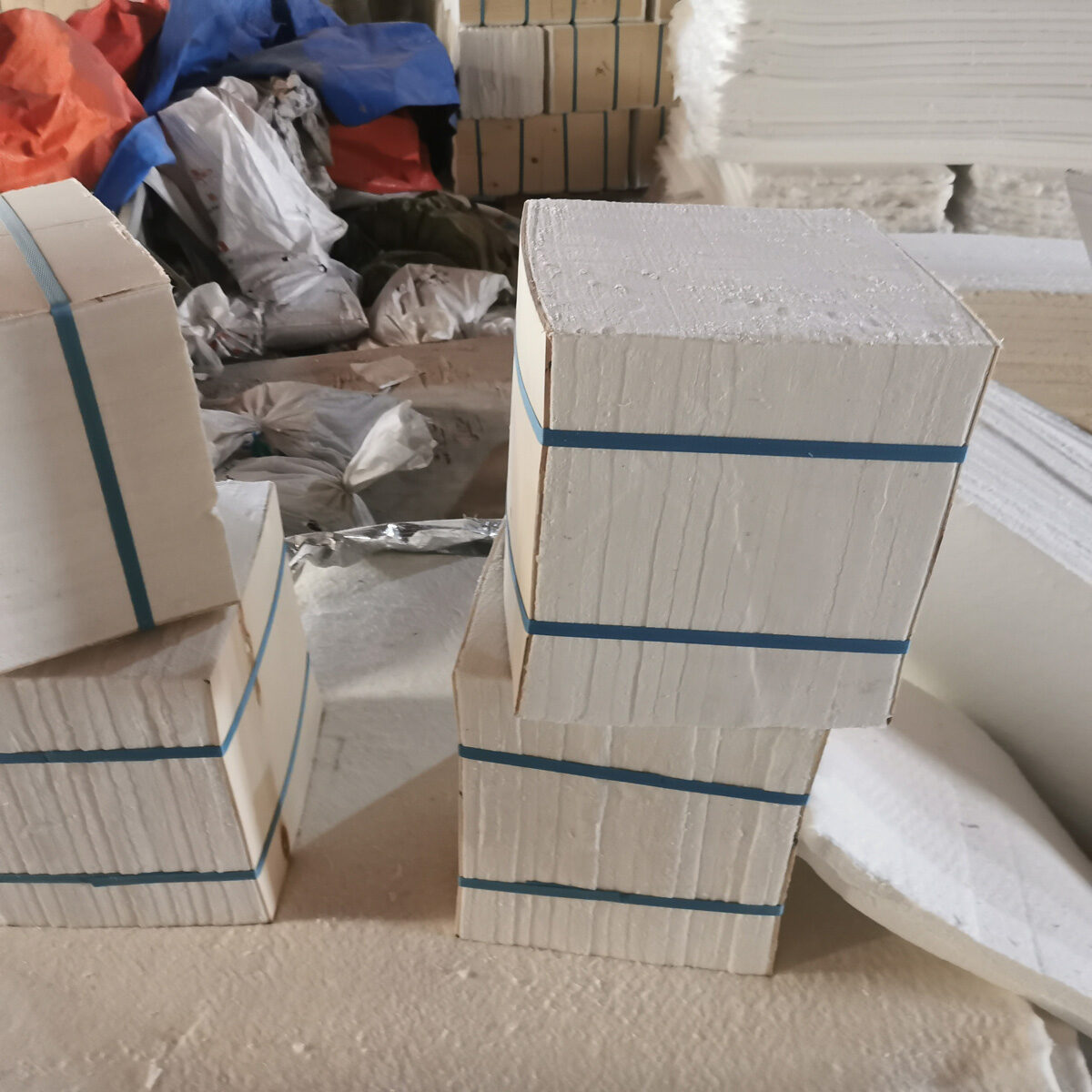Posted on January 18, 2024
How do these modules handle mechanical stress and vibration in industrial environments?
Aluminium silicate ceramic fiber modules are designed to withstand mechanical stress and vibration in industrial environments to ensure their structural integrity and long-term performance.
Here are ways in which these modules handle mechanical stress and vibration:
- Flexibility and Resilience:
- Aluminium silicate ceramic fiber modules are known for their flexibility and resilience. This enables them to absorb and withstand moderate mechanical stress without experiencing permanent deformation or damage.
- High-Temperature Stability:
- These modules maintain stability at high temperatures, which is crucial in industrial environments where mechanical stress often accompanies elevated temperatures. The ceramic fibers can maintain their structural integrity even under thermal loads.
- Low Thermal Expansion:
- Aluminium silicate ceramic fibers typically exhibit low thermal expansion characteristics. This property helps the modules maintain their shape and structural integrity when subjected to thermal fluctuations, reducing the risk of mechanical stress.
- Anchoring Systems:
- During installation, aluminium silicate ceramic fiber modules are often secured using anchoring systems. These anchoring systems help distribute mechanical stress evenly and prevent movement or displacement of the modules in response to vibrations or other external forces.
- Reinforced Construction:
- Some aluminium silicate ceramic fiber modules come with reinforced construction, including additional materials or coatings that enhance their mechanical strength.aluminium silicate ceramic fiber modules This reinforcement helps the modules withstand higher levels of mechanical stress.
- Vibration Dampening:
- The inherent properties of ceramic fibers, such as their stiffness and damping capabilities, contribute to the ability of these modules to dampen vibrations. This is particularly important in environments where machinery-induced vibrations are common.
- Customized Designs:
- Aluminium silicate ceramic fiber modules can be customized to specific shapes and sizes. This customization allows for a better fit in industrial settings and helps distribute mechanical stress more effectively.
- Rigorous Testing:
- Manufacturers subject aluminium silicate ceramic fiber modules to rigorous testing, including mechanical stress tests and vibration resistance assessments. This ensures that the modules meet industry standards and can withstand the demands of industrial environments.
- Secure Installation:
- Proper installation techniques, including secure anchoring and fastening, play a crucial role in ensuring that the modules remain in place and effectively handle mechanical stress and vibrations.
- Regular Inspection and Maintenance:
- Regular inspection and maintenance practices are recommended to identify any signs of wear, displacement, or damage. Addressing issues promptly helps maintain the modules’ ability to handle mechanical stress over time.
By combining these design features and installation practices, aluminium silicate ceramic fiber modules can effectively handle mechanical stress and vibrations in industrial environments, contributing to their reliability and longevity in applications such as furnaces, kilns, and other high-temperature processes.


